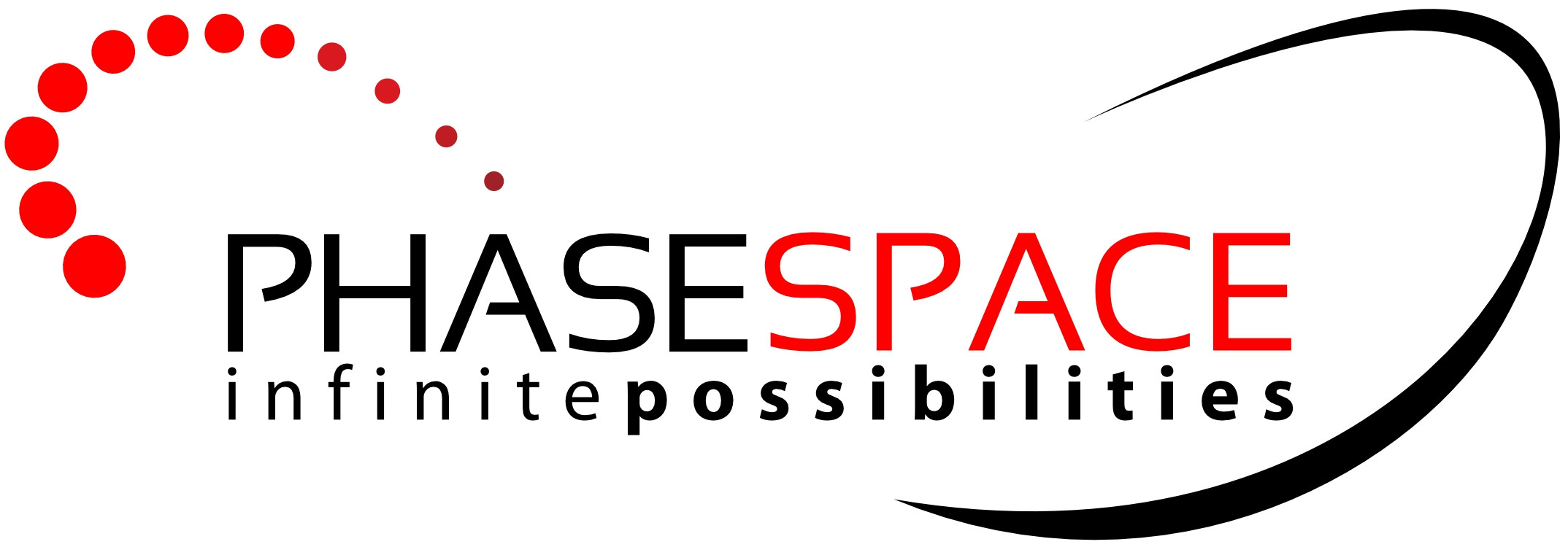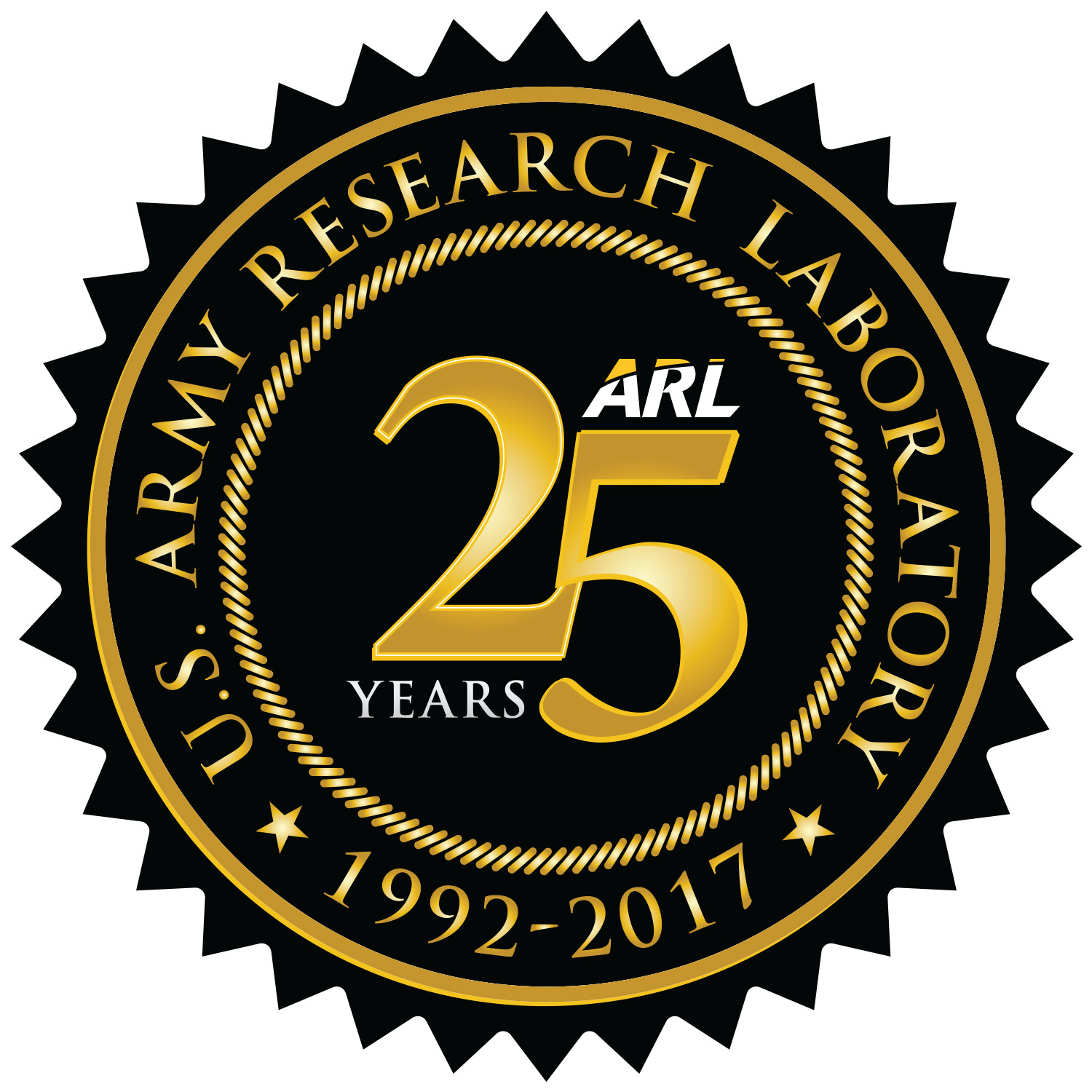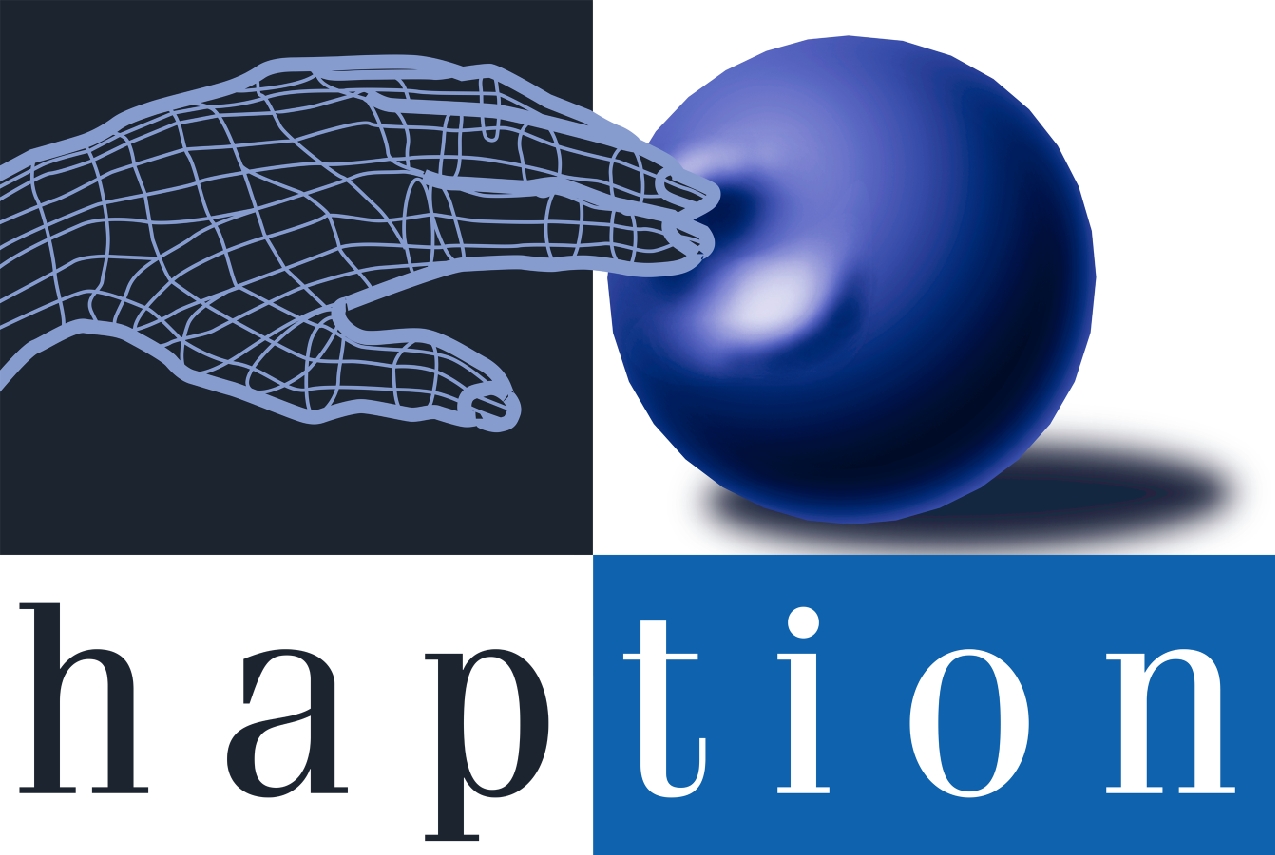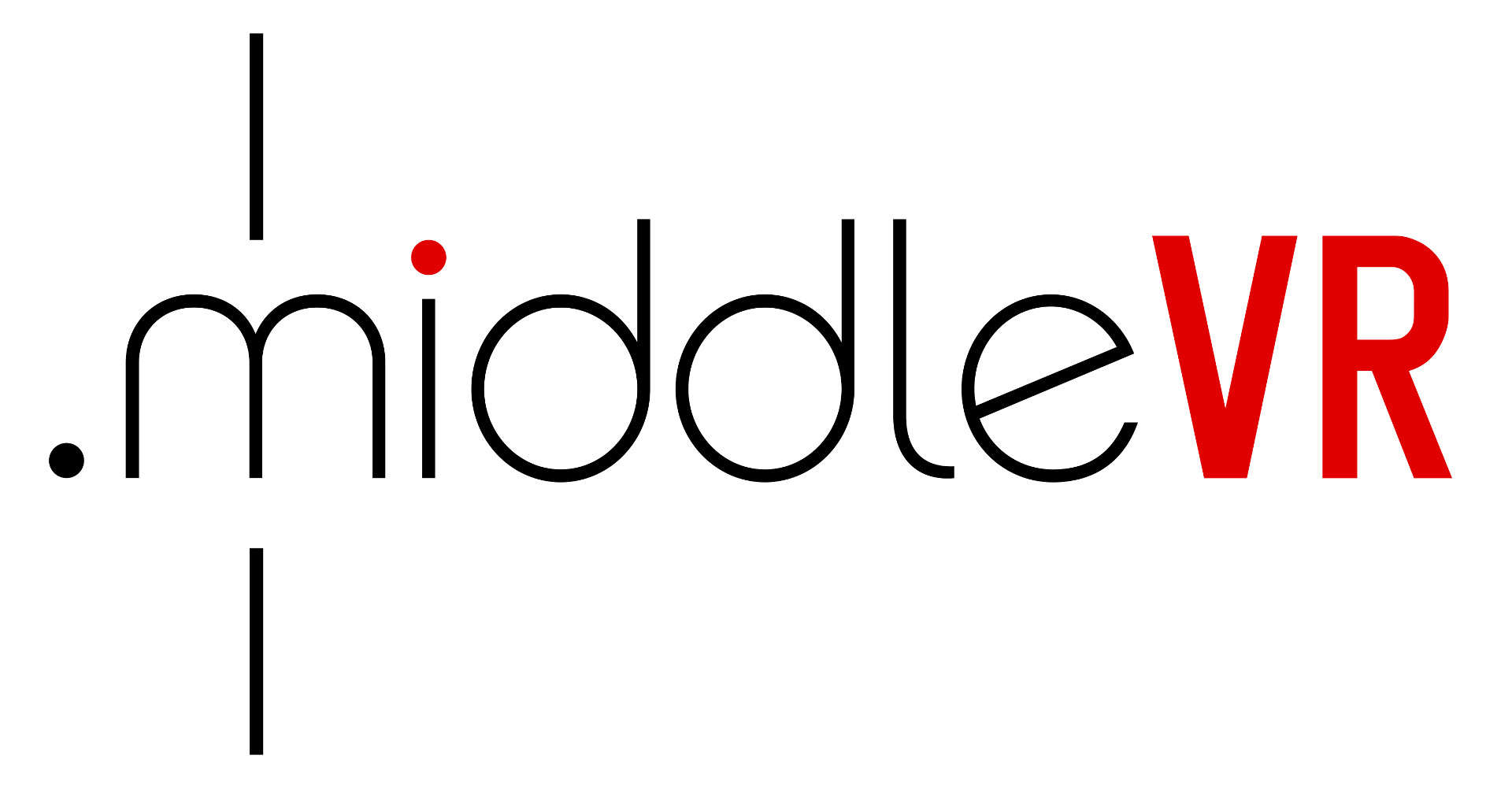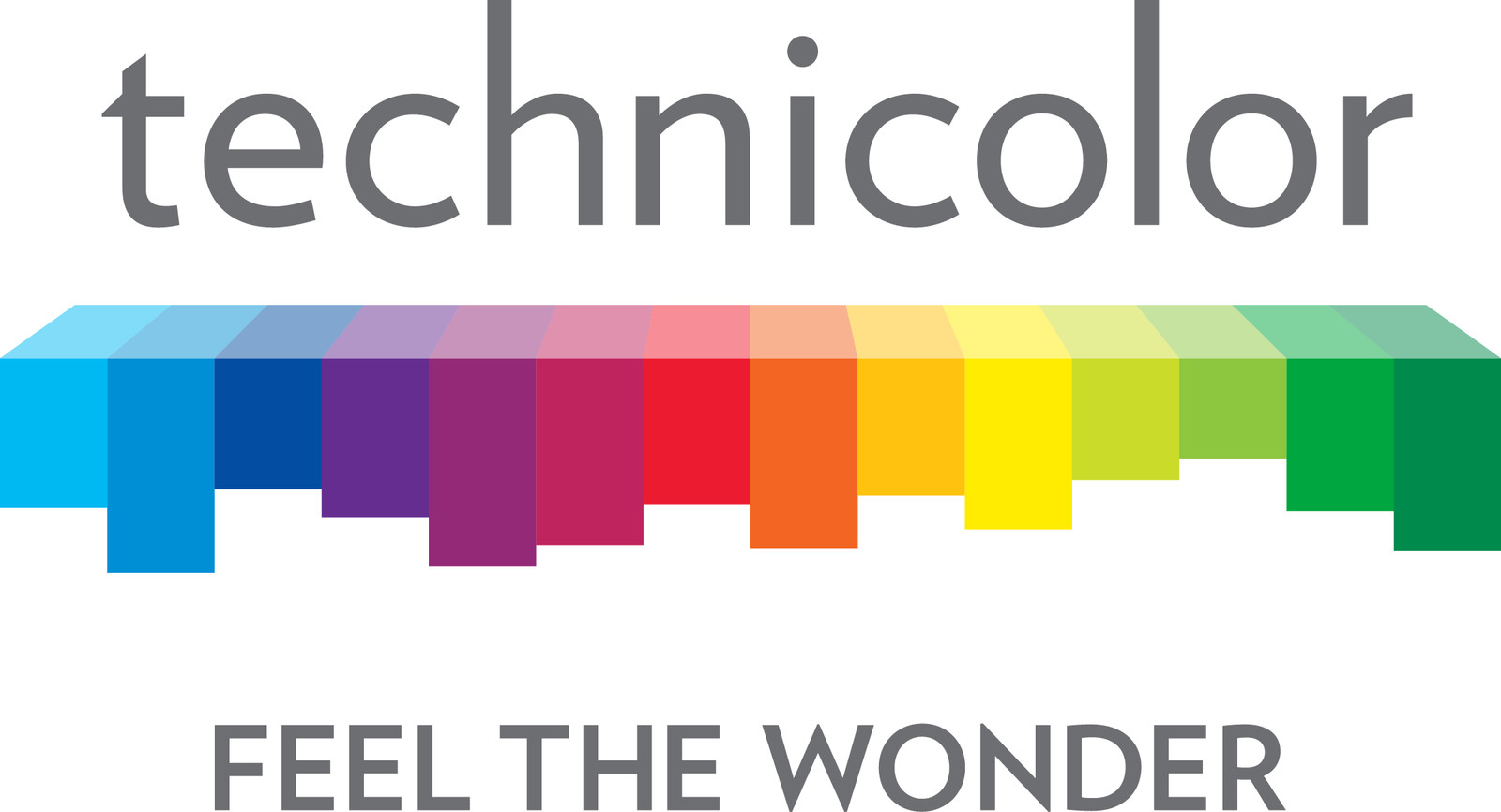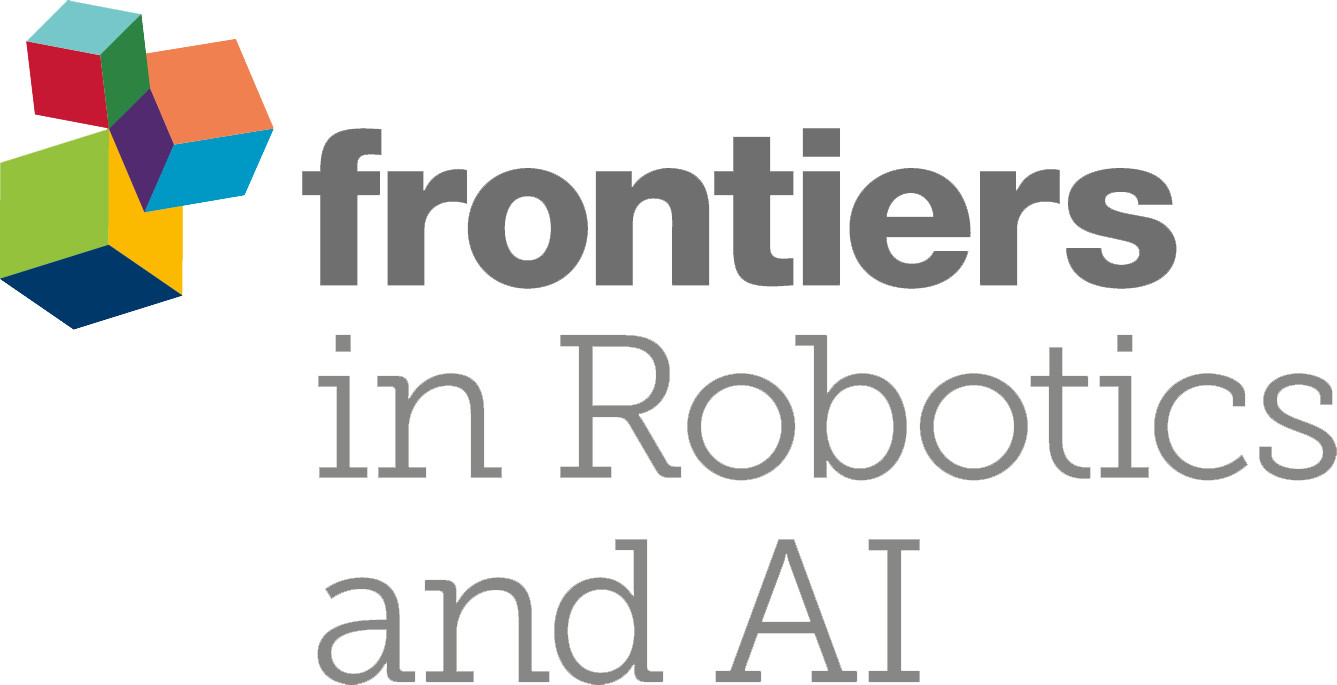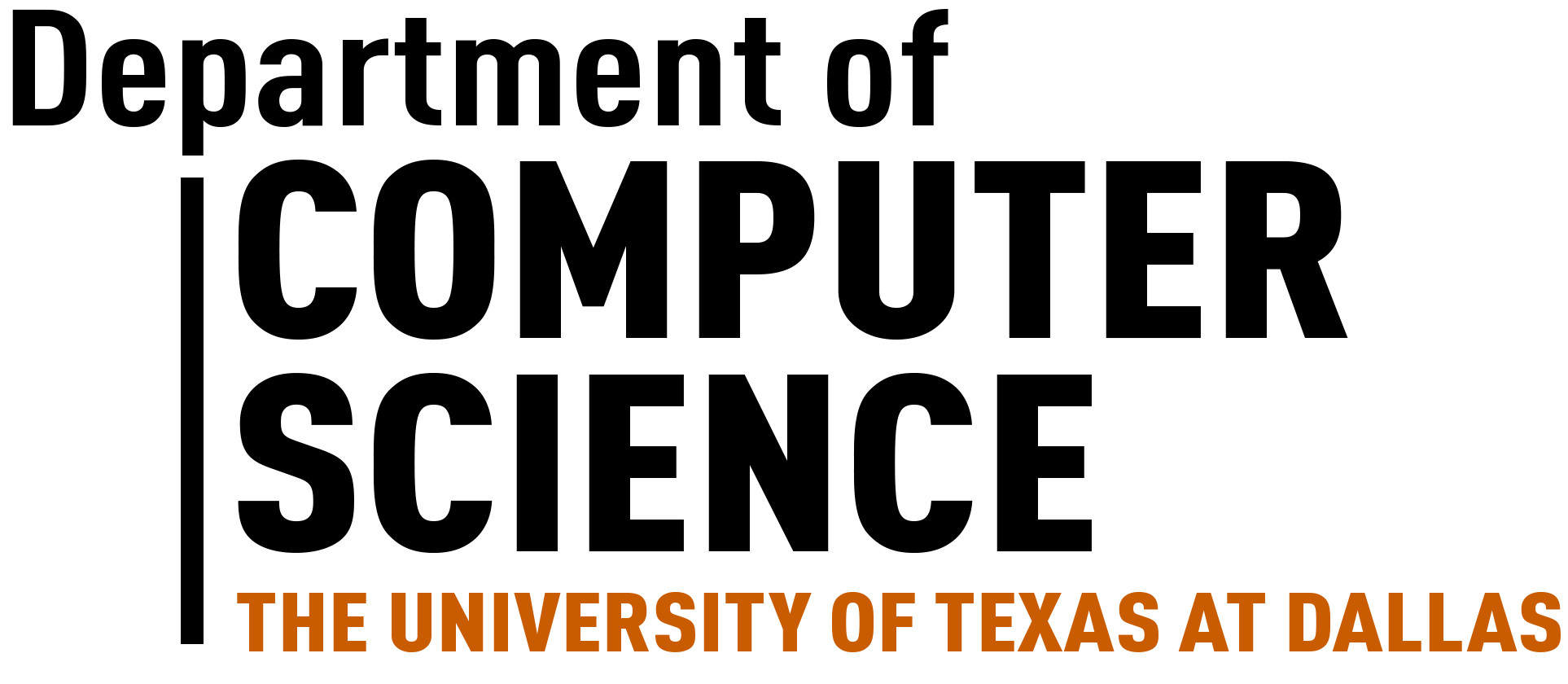Videos
Monday |
Tuesday |
Wednesday |
|
10:30am - 5:15pm
|
8:30am - 5:15pm
|
8:30am - 3:00pm
|
The Pull
Quba Michalski, Brendan J. Hogan, and Jamie Hunsdale
Abstract: Gravity is no longer a constant. Enter a world where the rules that bind us are suddenly disobeyed.
In a secret science facility, gravity has been conquered. “Down” is no longer a direction, but a choice. Step into the center of modified chambers and witness the laws of nature be broken in this five-experiment series. VR has all but torn down the barriers between the imagination of the creator and the experience of the viewer. A concept like The Pull simply does not translate into traditional 2D. We can suggest concepts through TVs and monitors, but we can’t truly experience them — and breaking the very laws of nature is something that can only be experienced. While flat media limits us to hinting and coaxing at an experience, by creating in VR, I can more faithfully share my vision with you, the viewer. For a few minutes – for five chambers – I can truly invite you into my world.
Virtual Reality to Save Endangered Animals: Many Eyes on the Wild
June Kim and Tomasz Bednarz
Abstract: Immersive technologies and particularly the Virtual Reality (VR) provide new exciting ways to see the world. Today, we introduce our research that successfully employed VR to the biodiversity conservation sciences. Jaguars are one of the endangered animals. It is certainly critical and compelling to preserve ecosystem for endangered animals. With the awareness of this, we endeavoured to establish a multidisciplinary VR project that implemented data from indigenous villagers (jaguar experts group A), the conventional knowledge of the field of jaguar ecosystem (from jaguar experts group B), and mathematical and statistical models. Our fascination lies in these questions: can we effectively bring together VR and analytical capabilities? Can VR be used to make this world a better place for living beings? Please enjoy our 360-degree images of jaguar habitats taken in the Peruvian Amazon.
Defying the Nazis VR
Dylan Southard, Elijah Allan-Blitz, Jordan Halsey, Christina Heller, and Artemis Joukowsky
Abstract: In the winter of 1939, a social worker and minister’s wife from Massachusetts named Martha Sharp accompanied twenty-seven boys and girls on an ocean liner from Europe to America. She was rescuing these Jewish children from their Nazi-occupied homes, saving their lives in the process. In the PBS documentary by Ken Burns, Defying The Nazis, memories of that voyage provide an emotional climax to the story of Martha and her husband Waitstill, two people whose incredible acts of heroism had a monumental impact. Our virtual reality experience recreates the voyage. Using vividly realistic CGI, we’ll put users right on the deck of the SS Excambion, creating a timelapse experience that takes them from a port in Lisbon to the Statue of Liberty in a matter of minutes. As they go, they’ll hear excerpts from the film’s interviews with survivors, detailing first the sorrow of saying goodbye to their families, most for the last time, and then the joy upon reaching the New World. Inside our virtual space, we have created a new context in which to explore the Sharps’ story and the film’s themes.
Singapore Inside Out London 2015 in VR
Lionel Chok
Abstract: Singapore: Inside Out 2015 is an international creative showcase featuring a collection of multi-sensorial experiences designed by the country’s creative talents. After making its successful debut in Beijing, the travelling showcase stops at Brick Lane Yard in London.
An energetic, cross-disciplinary showcase of contemporary creative disciplines featuring - architecture, food, fashion, film, music, literature, design and the visual arts, this celebration of creativity and collaboration that spans three continents will inspire you to revisit existing preconceptions and discover new perspectives of Singapore and its creative landscape.
The seven 360 spherical videos at this event in London itself, are developed into one 360 Virtual Reality (VR) Android mobile app, complete with visual interactions via line of sight for directions. This is to also show a way of providing diegetic means of how these interactions will work between and within each 360 videos. Come and relive the Singapore Inside Out (London) edition in Virtual Reality - today!
Genome Gazing
Kate Patterson
Abstract: Scientific concepts can be abstract and are mostly invisible to the human eye. The human genome in particular is complex and vast. Visualizing DNA and associated molecules via an embodied experience offers the user an opportunity to interact with this scientific data in a more meaningful way.
This animation balances artistry and accuracy. It utilizes raw scientific structural data and blends this with the tools of cinematography and art and design to translate complex science into an accessible form. It is designed for a broad audience and intended for use at live events in groups or as an individual on a personal mobile device. The user is encouraged to view the animation and in a classic look-and-find activity, to locate the key molecules interacting with the intertwined DNA molecule.
Our DNA is contained inside each of our cells in the nucleus. This animation shows how some of our DNA might look if we could shrink to fit inside one cell. It also shows three of the most critical molecules needed to correctly interpret the DNA code, CTCF (colored yellow), RNApol (colored blue) and nucleosomes (colored purple). Can you find them?
Aricebo: I’m Cosmic
Isobel Mascarenhas-Whitman and Alex Tennyson
Abstract: It’s a futuristic-dystopic road trip which takes the viewer through a warehouse district where we learn that Hillary Clinton has adopted an alien baby, a spaceship appears- we drive into an innocuous garage and exit into space, where Kanye is running for intergalactic president.
The concept was originally a projection installation inspired by the rolling backdrop used for driving scenes in technicolour films.
References include Blade Runner (1982) and Close Encounters (1977) and the projection music video Sweater by Willow.
Typeone are based in the Fountayne Road warehouse community in Tottenham, a post-industrial district, much of the architecture and textures were appropriated from the surrounding buildings.
We were interested in the physical lack of control that the audience has in a 360 animation and the concept of “Taking Back Control” which seems to have permeated politics in 2016.
Smoke Water Fire 2016
Mark Stock
Abstract: Smoke Water Fire is a digital video of a virtual simulation of fluid flow. It is rendered in 360-3D format for viewing on a VR stereo head-mounted display. Its 7225 frames were rendered in HDR at 11520x11520 resolution over the course of 8 months in 2015 using Radiance, a synthetic lighting simulation software package. The simulation data is from a front-tracking vortex method of my own construction, was generated in mid-2007, and took two weeks to complete. Music is by by David Williams and Nick Thibault.
The name, Smoke Water Fire, comes from the fact that the underlying dynamics of fluid flow are universal: the formulas give no priority or inclination toward smoke, water, or fire. Only with virtual simulations of flow can we strip away the normal visual context of a fluid and look at its essential motions, and only then can we begin to understand what is means to be fluid, dynamic, ever-changing.
